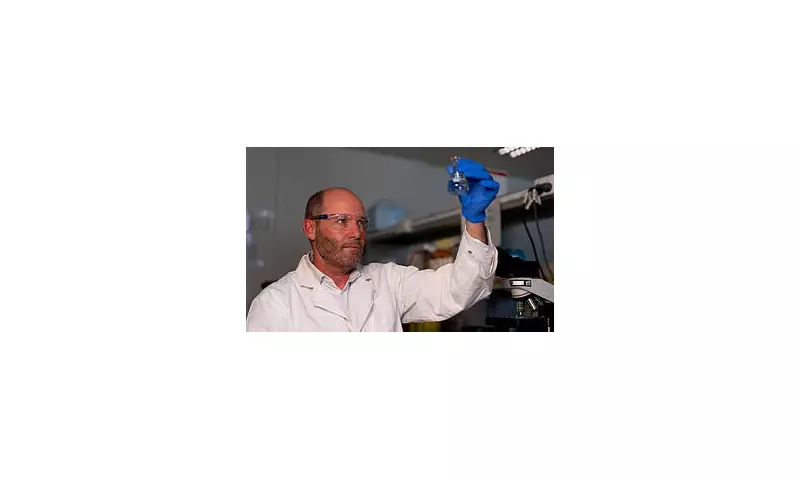
A prominent Australian medical professional has issued a stark warning about the long-term dangers of 'forever chemicals,' revealing they could have devastating consequences spanning multiple generations.
The Hidden Threat in Our Homes
These persistent synthetic compounds, scientifically known as PFAS (per- and polyfluoroalkyl substances), are found in countless everyday items from non-stick cookware and waterproof clothing to food packaging and cosmetics. Their remarkable resistance to breaking down in the environment has earned them the ominous 'forever chemicals' nickname.
Generational Health Crisis
The medical expert emphasised that these chemicals don't just affect those directly exposed. Research indicates they can:
- Pass from mother to child during pregnancy
- Accumulate in bodily tissues over years
- Disrupt hormonal systems and development
- Increase cancer risks across generations
- Cause reproductive and immune system damage
Why We Should Be Concerned
"We're seeing evidence that exposure to these chemicals today could affect the health of our children and even grandchildren," the doctor explained. The chemicals' persistence means they continue circulating in our bodies and environment long after initial exposure.
Studies have linked PFAS exposure to numerous health concerns including thyroid disease, elevated cholesterol levels, liver damage, and certain cancers. The most vulnerable populations include pregnant women, infants, and young children.
Call for Action
The urgent warning comes as governments worldwide grapple with regulating these ubiquitous chemicals. Medical professionals are calling for:
- Stricter regulations on PFAS use in consumer products
- Improved labelling to help consumers make informed choices
- Increased research into long-term health effects
- Better water filtration systems to remove contaminants
As research continues to uncover the full extent of these chemicals' impact, the medical community urges both policymakers and the public to take this growing health threat seriously before it affects future generations.





